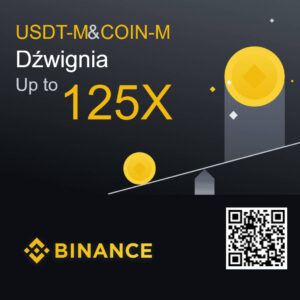Rate Ontology 0,00000065 BTC
Change (24h): 4,84%
Calculator ONT / BTC
How is 1 Ontology?
| ONT | 0 BTC | |
| BTC | 0 ONT |
Team
- No data
Another prices
- EOS 0.00005521 BTC 0,00%
- EXY 0.0000027 BTC 0,00%
- NEAR 4.14 PLN 17,68%
- BCC 0.0067 BTC 0,00%
- HIVE 0.00000111 BTC 0,00%
- LINK 9.48 USDT 14,91%
- OST 0.00000032 BTC 0,00%
- AXS 1.373 USDT 10,46%
- ZEN 5.772 USDT 5,97%
Do you know how buy Ontology?
Description
Do you have account on KryptoBot?



